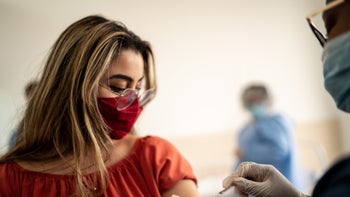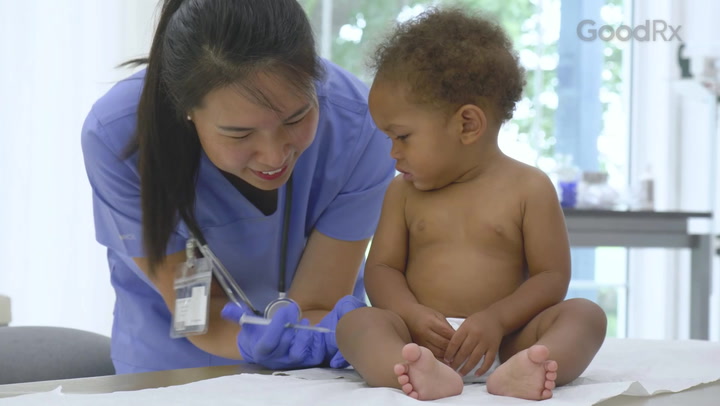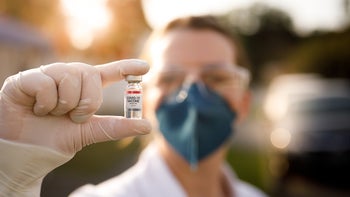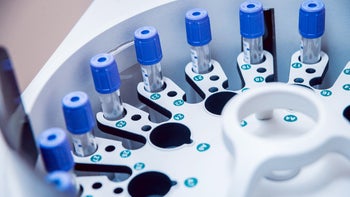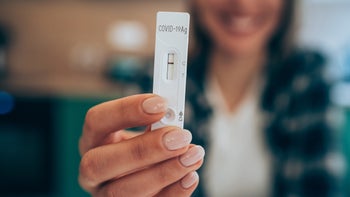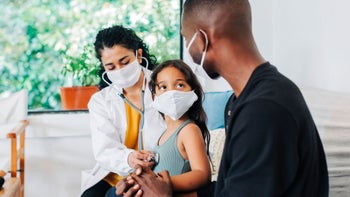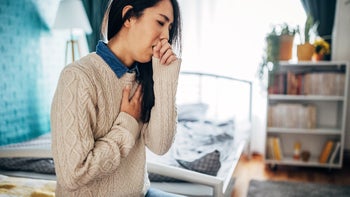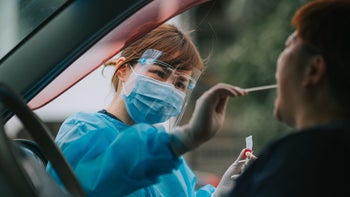
Do Lysol Sprays, Clorox Wipes, or Bleach Products Disinfect the Coronavirus (COVID-19)?
From vodka to vinegar, people around the globe are using household products to disinfect their homes from the coronavirus. But are these household products effective? Some are, some aren’t.

The United States Environmental Protection Agency (EPA) released a list of disinfectants for use against SARS-CoV-2, the coronavirus that causes COVID-19. To find out if a product kills the virus, look for the EPA registration numbers on the can or container label. Then type the EPA numbers in the search bar on the EPA’s website and hit enter. If your product is listed, check if it targets human coronavirus.
Currently, the EPA has 357 products listed, but the list gets updated regularly. We’ve included a list to help you get started as well some tips for how — and what — to disinfect.
Search and compare options
What disinfectants work to clean surfaces of coronavirus?
Let’s start by looking at the difference between “cleaning” and “disinfecting,” according to the Centers for Disease Control and Prevention (CDC).
Cleaning: When you remove germs and dirt from surfaces, you’re cleaning. You’re not killing germs, but you are removing them and lowering their numbers. Cleaning helps reduce the risk of spreading infection.
Disinfecting: When you use chemicals to kill germs on surfaces, you’re disinfecting. By killing germs after you clean, you lower the risk of spreading infection.
The CDC recommends a two-step approach. Start by cleaning dirty surfaces and follow up with a disinfectant to prevent COVID-19. The EPA’s list of approved disinfectants includes:
Hydrogen peroxide
Lysol Laundry Sanitizer
Lysol Neutra Air 2-in-1
Lysol Brand All-Purpose Cleaner
Clorox Multi-Surface Cleaner + Bleach
Clorox Disinfecting Wipes
Clorox Disinfecting Bathroom Cleaner
The CDC also recommends making your own diluted bleach solution by mixing one-third cup of bleach per gallon of water, or 4 teaspoons of bleach per 1 quart of water.
For electronics like your cell phone, computer, or tablet, follow manufacturer instructions or use alcohol-based wipes or sprays with 70% alcohol.
What products don’t work against the virus?
There’s a lot of chatter circulating around social media about using liquor, vinegar, and “natural antibacterials” to kill coronavirus. Unfortunately, there’s no science to back up the claims. Your safest bet is to rely on products that have been tested and proven. Otherwise, you’re wasting your time, money, and the makings of a perfectly good martini. When you need to sanitize, don’t reach for the following:
Vodka
Vinegar
Tea tree oil
“Natural” cleaners
Ultraviolet (UV) lamps
Saline solution
What should I disinfect at home?
First, understand there’s currently no scientific evidence that you can become infected with coronavirus from any surface. While it may live on plastic or steel for up to 72 hours, the virus typically spreads from person to person via respiratory droplets from a cough or sneeze.
Still, the practice of cleaning and disinfecting high touch surfaces will help limit the number of germs in your home and possibly lower the risk of getting it. The CDC recommends wiping down high-touch surfaces such as:
Doorknobs
Tables
Countertops
Hard-backed chairs
Light switches
Phones
Tablets
Touch screens
Remote controls
Keyboards
Handles
Desks
Toilets
Sinks
But what about your Amazon delivery or your groceries? Stephen Morse, PhD, an infectious diseases expert at Columbia University Mailman School of Public Health, offers his thoughts in this Q&A. Morse says washing your hands after handling a package is more important than disinfecting the box.
As for groceries, the Food and Drug Administration (FDA) says there’s no proof you can catch COVID-19 from food or food packaging. Regardless, you should handle, prepare, and serve food following safe food handling practices such as washing hands and surfaces frequently.
How do I disinfect surfaces at home?
Wear disposable gloves and throw them away after you clean and disinfect surfaces. If you use reusable gloves, dedicate a pair for cleaning and disinfecting surfaces for COVID-19 and nothing else.
Since coronavirus information gets updated daily, continue to monitor sites you can trust like the CDC, EPA, and FDA, as well as GoodRx.
Why trust our experts?





